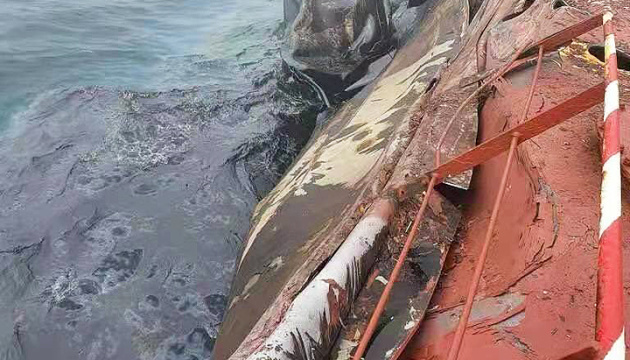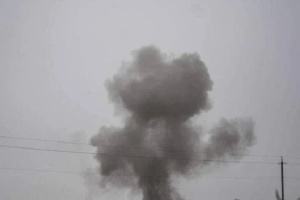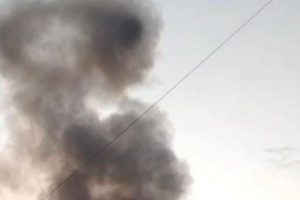
Greenpeace warns of environmental disaster in Black Sea following Russian tanker accident
According to Ukrinform, this was stated in the organization's press release.
“Any oil or petrochemical spill in these waters has the potential to be serious. It is likely to be driven by prevailing wind and currents (moving now to the North-East) and in the current weather conditions is likely to be extremely difficult to contain. If it is driven ashore, then it will cause fouling of the shoreline which will be extremely difficult to clean up. Any environmental impact will depend on the type of oil spilled. Heavy residual fuel oils will tend to cause more visible damage than refined fractions and marine gas oil which will tend to disperse and break up quite rapidly. Given the potential for significant environmental impacts the focus should, after rescuing crew, be to try and minimize any further spillage if possible. If the ships sink, then there is the potential for releases of oil and petrochemicals over a longer time span,” – says Dr. Paul Johnston, Head of Greenpeace Research Laboratories, based at the University of Exeter in the UK.
The organization calls on Russian authorities “to take all efforts to mitigate or reduce environmental impact of the oil spill.”
It was noted that this region has already suffered from an oil spill in the past. In 2007, 1,200 tons of oil spilled from one Russian ranker near the Tuzla Peninsula, which resulted in severe damage of the environment, observed even a year after the accident.
As Ukrinform reported, two Russian oil tankers, Volgoneft-212 and Volgoneft-239, are sinking near the coast in the Kerch Strait.
The captain and 13 crew members of the Volgoneft-212 tanker have been rescued, though the captain and one crew member are in intensive care. Fourteen crew members from the Volgoneft-239 tanker are still awaiting rescue.
The Ukrainian Navy stated that Russia has once again inflicted significant damage on the ecosystems of the Azov-Black Sea region and the temporarily occupied Crimea.





